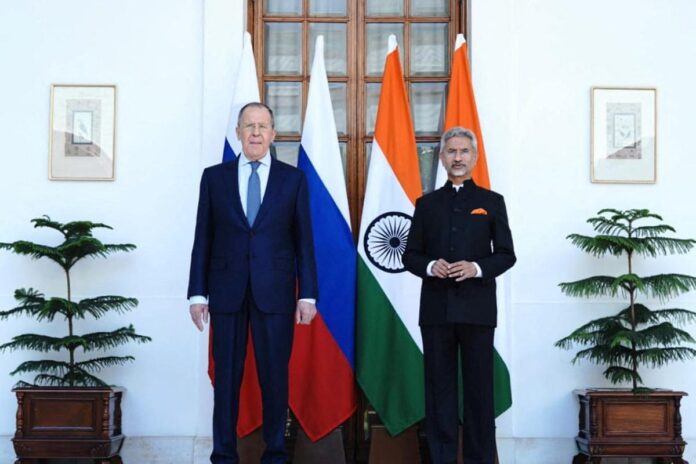Author: Shivshankar Menon
Affiliation: Visiting Professor of International Relations at Ashoka University (India), Former National Security Adviser to Indian Prime Minister Manmohan Singh (2010 to 2014)
Organization/Publisher: Foreign Affairs
Date/Place: April 4, 2022 /New York, USA
Type of Literature: Article
Word Count: 2089
Link: https://www.foreignaffairs.com/articles/united-states/2022-04-04/fantasy-free-world
Keywords: Ukraine, Russia, War, Asia, West
Brief:
The author states that although the invasion of Ukraine by Russia has sparked international indignation and prompted a torrent of economic penalties from numerous Western nations, it is “wishful thinking” that the coordinated reaction to Russian President Vladimir Putin’s activities has the potential to solidify a worldwide coalition that unifies democracies opposing Russia and China. Menon continues to argue that the war in Ukraine is not a battle between autocracy and democracy, as many democracies—most notably India—refuse to join the Western coalition. The clash will not change the international structure or herald an ideological battle between the United States and China and Russia. The condemnation of Russia’s invasion hasn’t been as global, as the battle has been portrayed by Asian capitals as a struggle between Europeans over the European security structure. The conflict in Ukraine highlights a transition that has already occurred. The idea that a war among Europeans is being waged on European land reflects how much international geopolitics has altered since the Cold War ended. The author states that Western politicians should not believe that their behavior on Europe’s new battlefront will define the outlines of a larger battle to arise. When it comes to Asia, in official statements China has favored Russia over Ukraine, but their relationship cannot match or supplant Chinese financial reliance on the West. China is likely to seek to avoid secondary penalties, so it may follow the United States and European Union’s lead. Unless the US becomes severely diverted from its Indo-Pacific policy, war will not affect the underlying geopolitical balance in Asia as Western politicians see that the war in Ukraine is neither unusual nor indicative of a genuine shift in European and global state-conduct standards. It is nothing that Asia hasn’t experienced before. The conflict in Ukraine appears to be causing the global order to split even further. It has reaffirmed Europe’s desire for tactical independence, as well as Asia’s feeling of self-identification. The author concludes by stating that the war is likely to put a strain on economies already struggling from the epidemic and the decades-long retreat from globalization, and that the intervention of Russia does not establish a clear distinction between the free world’s allied forces and its adversaries. “Far from consolidating ‘the free world,’ the war has underscored its fundamental incoherence.”
By: Zeina Akif, CIGA Research Intern




